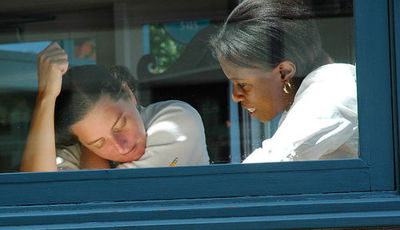Feedback models
From WikiEducator
| Learning and Teaching in Practice | |
|---|---|
| Module 2: Adult learning theory and Praxis | |
| Andragogy | Introduction | Models for learning | Learning and teaching methods | Feedback models | Summary |
Feedback is an important part of learning. However, the way in which feedback is given can either support or undermine learning. Feedback can be informal or formal and linked to assessments. Feedback is a major factor in using assessment to support learning.
Gibbs (2010) describes five pedagogic principles underlying the use of feedback to support learning.
- Sufficient feedback needs to be provided, both often enough and in enough detail.
- Feedback should focus on students' performance, on their learning and on actions under the students' control, rather than on the students themselves and on their characteristics.
- Feedback should be timely: received by students while it still matters to them and in time for them to pay attention to further learning or receive further assistance.
- Feedback should be appropriate in relation to students' understanding of what they are supposed to be doing.
- Feedback needs to be received and attended to.
- Feedback should be provided in such a way that students act on it and change their future studying.
Gibbs, G. (2010). Using Assessment to Support Learning. UK: University of East Anglia. (pp.11 - 23.)
|
|
